Laser-Assisted In-Situ Keratomileusis is a common outpatient procedure designed to reshape the cornea and correct refractive errors to reduce dependence on glasses and contacts.
How is LASIK surgery performed?
After creating a tiny corneal flap, the surgeon applies a gentle, no-heat laser to underlying corneal tissue. Ultraviolent pulses of light reshape the cornea, correcting farsightedness, nearsightedness, and astigmatism.
Farsighted patients will have the curvature of the cornea increased, while nearsighted patients have their corneas flattened. For astigmatism, LASIK surgery rounds the cornea.
What are the results?
Reshaping of the cornea improves the eye’s ability to focus and enhances patients’ visual acuity, or sharpness. LASIK patients are not guaranteed 20/20 vision. While ideal visual acuity may take up to six months to achieve, it is very common for patients to demonstrate near-perfect vision during their follow-up examinations the day after LASIK surgery and to immediately discontinue the use of glasses or contact lenses.
In some cases, those who wear glasses or contact lenses prior to LASIK surgery may have to continue to do so after the procedure. The prescription required for proper vision may be significantly decreased and in some exceptional cases vision may be completely restored.
What types of LASIK surgery are available?
As LASIK vision correction technology advances, new types of LASIK surgery in Colorado Springs, CO have been developed. New developments in LASIK include Advanced Surface Ablation (ASA), Blended Vision, Intra LASIK, and Custom LASIK surgery.
Advanced Surface Ablation (ASA), also known as PRK (Photorefractive Keratectomy), is an advanced form of LASIK vision correction performed only by extremely skilled and experienced surgeons. ASA reshapes the cornea without creating a corneal flap. Although ASA is one of the safest methods of LASIK vision correction, patients do tend to experience a longer recovery period and in some cases, discomfort for a few days post surgery.
The Blended Vision (Monovision) procedure can improve both near and far vision by treating both eyes separately. One cornea is reshaped to correct Myopia (nearsightedness) while the other is reshaped to correct Hyperopia (farsightedness).
Intra-LASIK is a method in which the surgeon uses a laser rather than a microkeratome blade to create the corneal flap.
Custom LASIK is a method in which Wavefront technology is used to customize for the patient’s unique eye structure. A Wavefront analyzer is an instrument used to measure how light travels through the cornea of the patient and then compares it to an eye with perfect vision. The surgeon uses this comparison as a guide when performing Custom LASIK surgery. Custom LASIK can be used to treat and reduce refraction errors beyond the norm such as halos, glare, and decreased night vision.
Am I a good candidate for LASIK surgery?
The only way to determine your LASIK candidacy is to consult with an experienced ophthalmologist.
Contact the Eye Associates' LASIK information line at 719-301-5591 to schedule a professional consultation.
All good LASIK candidates:
- Are at least 18 years of age
- Have had no change in vision errors for at least one year
- Have realistic expectations regarding the results
If you have experienced an eye infection or injury in the past year, you should postpone LASIK until cleared by an ophthalmologist. Those affected by an autoimmune disorder, herpes infection in the eye, scarring of the cornea, severe dry eye syndrome or those who may be pregnant or are nursing, should not consider LASIK surgery.
What should I do next if I am a good candidate for LASIK surgery?
If you meet the requirements of LASIK surgery and it is determined that you are a good candidate for this effective, safe, and popular procedure, one of our ophthalmologists will begin preparation for surgery with an eye examination. During this examination, the ophthalmologist will measure such factors as the amount of refractive error and corneal thickness. Then it can be discussed which type of LASIK surgery will meet your needs best.How should I choose a LASIK Surgeon?
When considering LASIK laser vision correction, choosing a dedicated, experienced specialist who can provide optimum care is very important. Never choose a surgeon by price alone. Most practices offer financing for the LASIK procedure. Your decision should not be based on the location of the doctor’s office or the type of LASIK technology used.
A reputable LASIK surgeon should have a good standing in his own community. Asking friends and family who have had LASIK about their experiences can help you choose the best provider for you. A good LASIK surgeon will thoroughly explain to you the procedure, risks, and complications. He/she should be patient and thorough when addressing all of your questions and concerns.
Most importantly, the LASIK surgeon that you choose should be a part of the LASIK surgery process from beginning to end. He should perform most of the preoperative exam in addition to the LASIK surgery and monitor your recovery post surgery. Your surgeon should also monitor your eyes in the months to follow to ensure your satisfaction with your LASIK procedure.
Your vision is one of your most precious assets. The benefits of LASIK include not having to worry as much about glasses or contact lenses, a wider range of possible activities and increased self-confidence. Patients who undergo LASIK eye surgery often feel liberated, as though a whole new world of opportunities has been made available to them.


